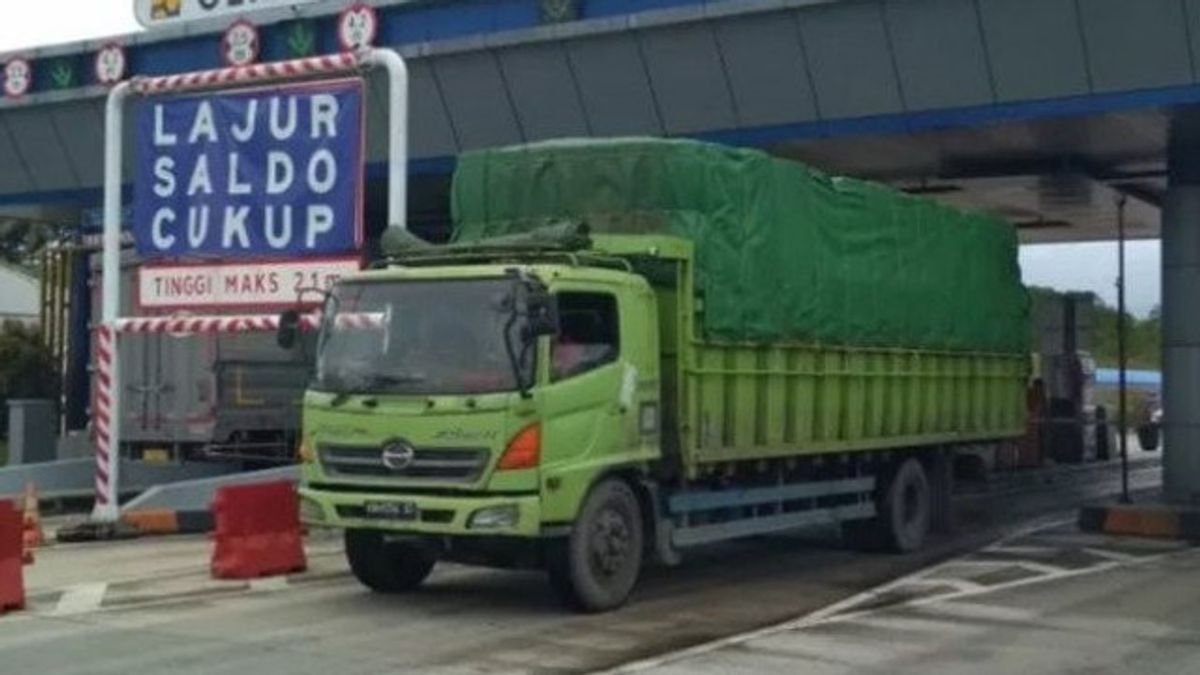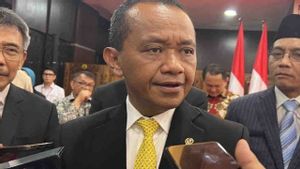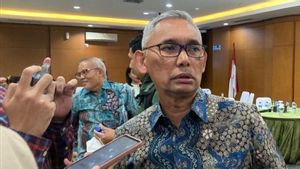YOGYAKARTA The ODOL truck rules are now being tightened by the government. Minister of Transportation Budi Karya Sumadi said the transportation of ODOL goods cars would be banned starting this year.
As is known, ODOL trucks are a term that refers to the transportation of goods cars whose capacities and loads exceed the applicable regulations. ODOL itself stands for Over Dimension and Over Load.
Rules related to ODOL trucks will be tightened. The tightening is in the form of a ban. This means that trucks whose cargo exceeds their capacity or Over Dimension and Over Load will be banned by the Government starting in early 2023.
The Ministry of Transportation (Kemenhub) through the Directorate General of Land Transportation said that the ODOL truck ban would not be postponed, so the implementation of the Zero ODOL 2023 policy would continue.
Director General of Land Transportation of the Ministry of Transportation Hendro Sugiatno said the Zero ODOL policy would be carried out in stages and the stages would be formulated so that it could be implemented properly.
"We will implement Zero ODOL with the stages that we will formulate. How can Zero ODOL be carried out properly, but we can manage the situation properly without any turmoil," he said.
Quoting baketrans.dephub.go.id, the notion of over-dimension is a condition in which the dimensions of transport present in vehicles do not comply with the rules that have been adjusted to the production standards and regulatory provisions.
Meanwhile, the definition of overload is the condition in which the transport vehicle carries loads whose burden exceeds the limit set by the factory.
This means that each vehicle carrying goods has its own specifications that regulate the dimensional limit and the weight of the goods that can be transported.
The over-dimensional trigger is due to vehicle owners making modifications to the dimensions of vehicles such as shortening or runway allowances (chassis) by changing the axis distance and construction of vehicles partially or thoroughly.
Then, are vehicle modifications allowed?
Quoting dpu. kulonprogokab.go.id, modification of vehicles is basically allowed as long as the owner performs a type test after making modifications according to the applicable law.
The impact of ODOL trucks in daily life is very detrimental to the community and the government. Some of the impacts of ODOL transport vehicles are as follows, citing baketrans.dephub.go.id.
ODOL trucks trigger road damage which is a public facility, thus disrupting people's mobility which indirectly has an impact on economic activity.
Road damage caused by ODOL trucks then had an impact on increasing the budget to maintain roads, both national roads, toll roads, and provincial roads. Meanwhile, the costs that must be incurred are said to be not small because the average cost that must be spent per year reaches IDR 43.45 trillion.
Not only impacting roads, ODOL trucks trigger other damage such as bridges, ship damage, and so on.
There are many accidents involving ODOL trucks. The accident not only caused material losses but claimed lives.
As is known, Zero ODOL is a roadmap formed by the Ministry of Transportation and has been agreed upon by various stakeholders such as APINDO, APTRINDO, MTI, Organda, and Regional Government to Ministries and Institutions.
Quoted from dephub.go.id, the Ministry of Transportation through the Directorate General of Land Transportation has taken preparatory steps ahead of ODOL zero policy such as optimizing UPPKB throughout Indonesia, integrating surveillance systems starting from BLUe, ETLE, E-Tilang, and so on.
That's information related to ODOL truck rules. To get other interesting information, visit VOI.ID.
The English, Chinese, Japanese, Arabic, and French versions are automatically generated by the AI. So there may still be inaccuracies in translating, please always see Indonesian as our main language. (system supported by DigitalSiber.id)













